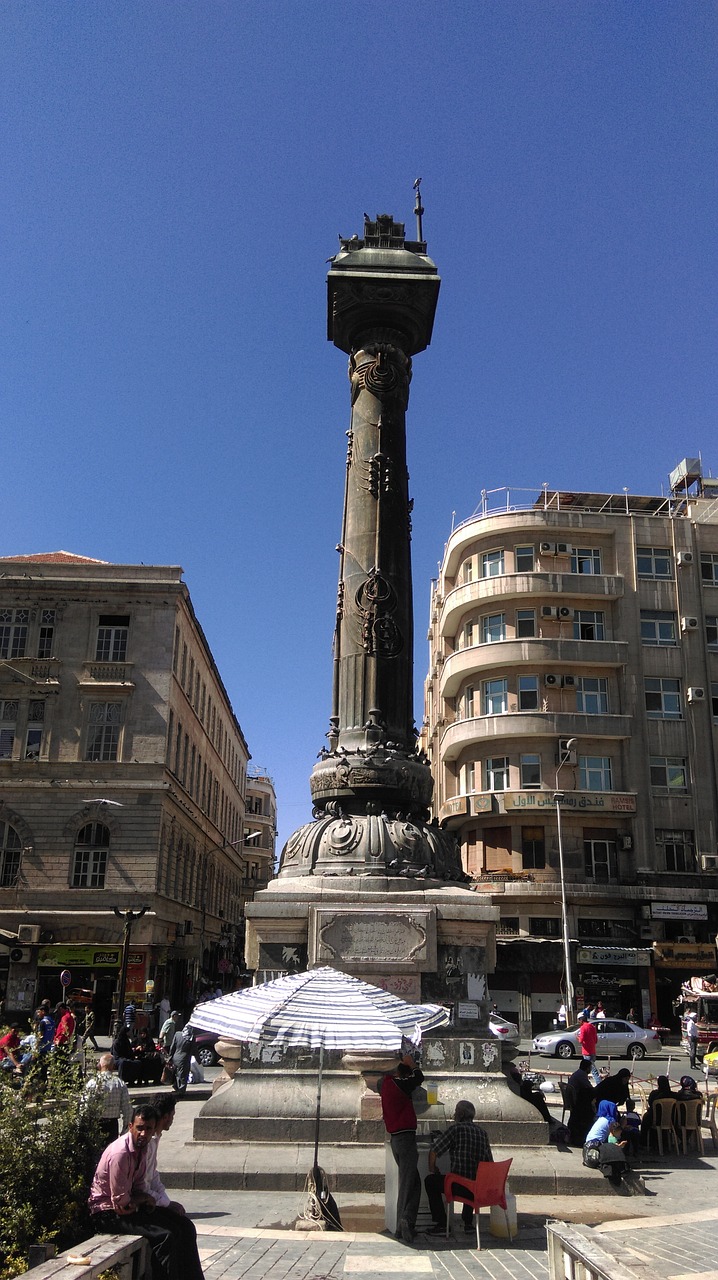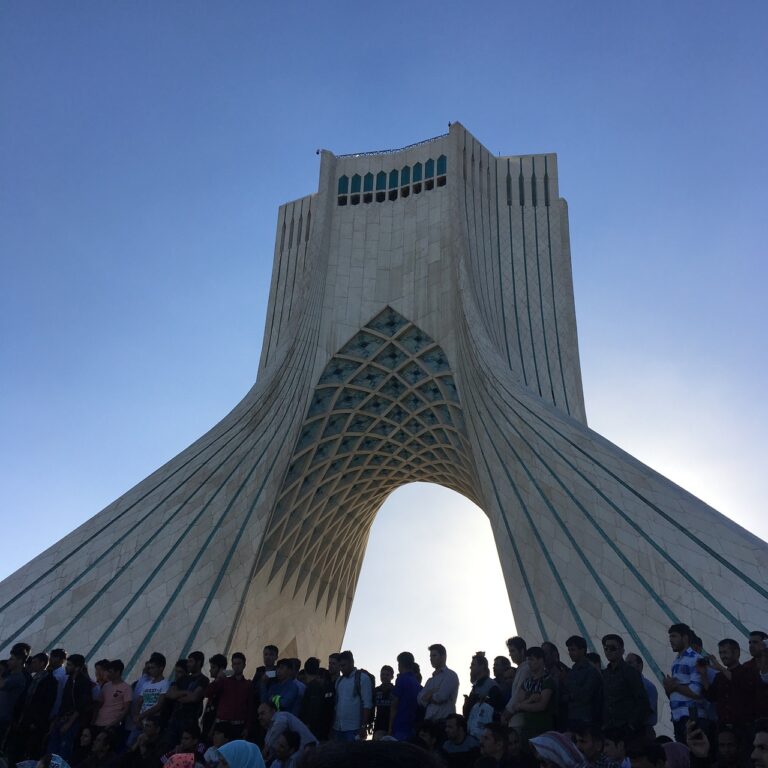
file photo of Marjeh Square, Damascus
London: For the first time since 2012 American diplomats have set their feet on the Syrian capital Damascus. This could be possible because of the fall of Bashar al-Assad’s regime in Syria on December 8, 2024.
The United States Assistant Secretary of State for Near Eastern Affairs Barbara A. Leaf and Special Presidential Envoy for Hostage Affairs Roger D. Carstens along with Ambassador Daniel Rubinstein were in Damascus today (IST) on a short trip. They held a meeting with representatives of the interim authorities, including 42-year-old Ahmed Hussein al-Sharaa, also known by his nom de guerre Abu Mohammad al-Jolani, the leader of the rebel group the Hay’at Tahrir al-Sham (HTS), a coalition of northern Syria-based Sunni Islamist insurgent groups that evolved in 2017 from Sharaa’s Jabhat al-Nusrah, an Al Qaeda affiliate in Syria till 2016.
The Security Council sanctions HTS as a terrorist group since 2014. Today the US declared lifting the $ 10 million bounty on Sharaa’s head. Announcing this at an online press conference, Leaf said,”We also discussed the critical need to ensure terrorist groups cannot pose a threat inside of Syria or externally, including to the U.S. and our partners in the region. Ahmed al-Sharaa committed to this. And so based on our discussion, I told him we would not be pursuing the Rewards for Justice reward offer that has been in effect for some years”.
The American diplomats, however, refused to divulge further details of the meeting with the HTS leader. “I’m largely going to say that the texture of details of the discussion that I had with Sharaa were diplomatic in nature, and I’m not going to go into detail. But I would just say that as a matter of course, we don’t discuss deliberation over sanctions. So, I wouldn’t in any case in this,” Leaf said. She described the meeting with Sharaa as “a good thoroughgoing discussion on a range of regional issues as well as the domestic scene”. She added that she heard him on his priorities, “which are very much rooted in getting Syria on the road to economic recovery”. She summed it up saying, “I would characterize the discussion as quite good, very productive, detailed. We ranged over a wide set of issues, domestic and external. He came across as pragmatic. Of course, we’ve been hearing this for some time, some very pragmatic and moderate statements on various issues from women’s rights to protection of equal rights for all communities, et cetera”l.
When asked to explain the dynamic of removing the $10 million bounty on somebody who was wanted by the Federal Bureau of Investigation (FBI) list, Leaf said this was a policy decision that was “made in the interests of and consonant with and aligned with the fact that we are beginning a discussion with HTS”. She explained, “So if I’m sitting with the HTS leader and having a lengthy, detailed discussion about a whole series of interests of the U.S., interests of Syria, maybe interests of the region, suffice to say it’s a little incoherent then to have a bounty on the guy’s head. Otherwise, I should ask the FBI to come in and, like, arrest him or something. So, I’m being facetious, but you know what I mean. We have a set of issues that we would like to discuss with HTS over time, and it is strictly pertaining to Syria and to the circumstances that we see before us. So no, it has no bearing on any other person”.
While the Americans now say that after five decades of the Assad regime’s tyranny, Syrians have a rare opportunity to rebuild and reshape their country, at this point because of the Caesar Act, which lays out a series of areas in which a government would have to be responsive and have to demonstrate progress, “things that of course the Assad regime never made any attempt to do…So, for the moment, I can’t really tell you anything on reconstruction”.
The American diplomats said from December 8, 2024, everything has changed in Syria and that is quite evident.
“Everything has changed. And the conditions which led to the Kurds who, like many communities in Syria, were at the receiving end of terrible repression, the conditions which led Kurds in northeast Syria to organize themselves and to defend themselves as they did were one set of conditions, and things have really changed in a very dramatic fashion. What I heard consistently throughout the day and what we’ve discussed with our Kurdish partners who have been very capable and able and indeed critical partners in the fight against ISIS, what I’ve heard consistently is that Syrians want all Syrian communities to think of themselves as Syrians,” Leaf said.
Also read:
Trump may keep a lid on ISIS re-emerging in Syria: Blinken
Damascus falls to rebels; Bashar al-Assad flees from Syria
– global bihari bureau





